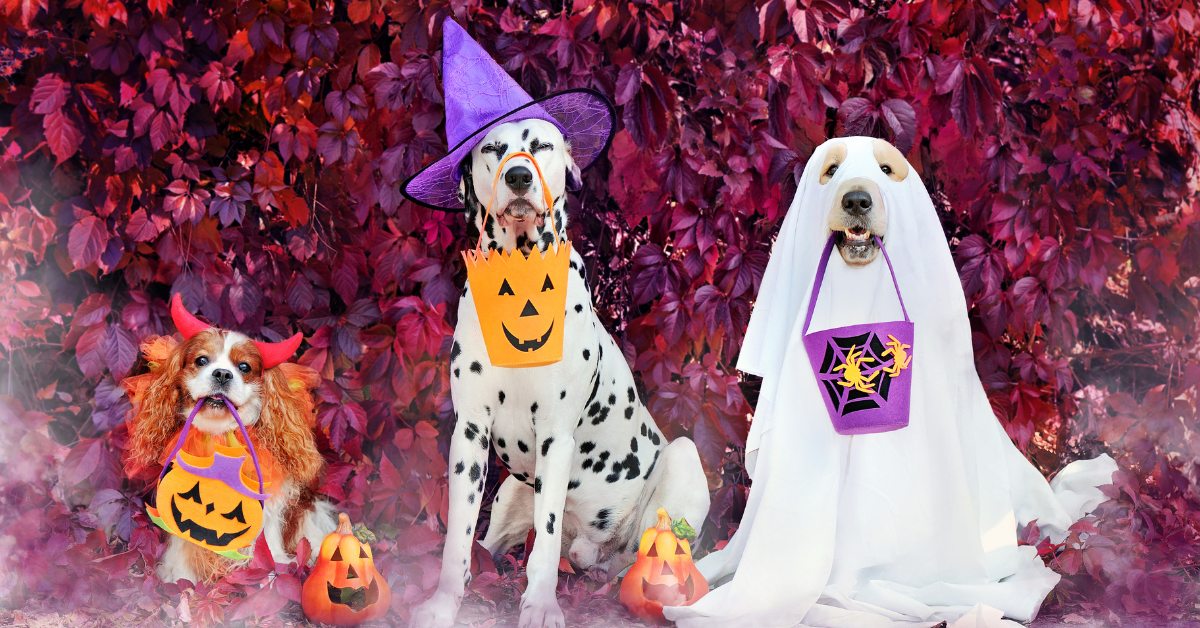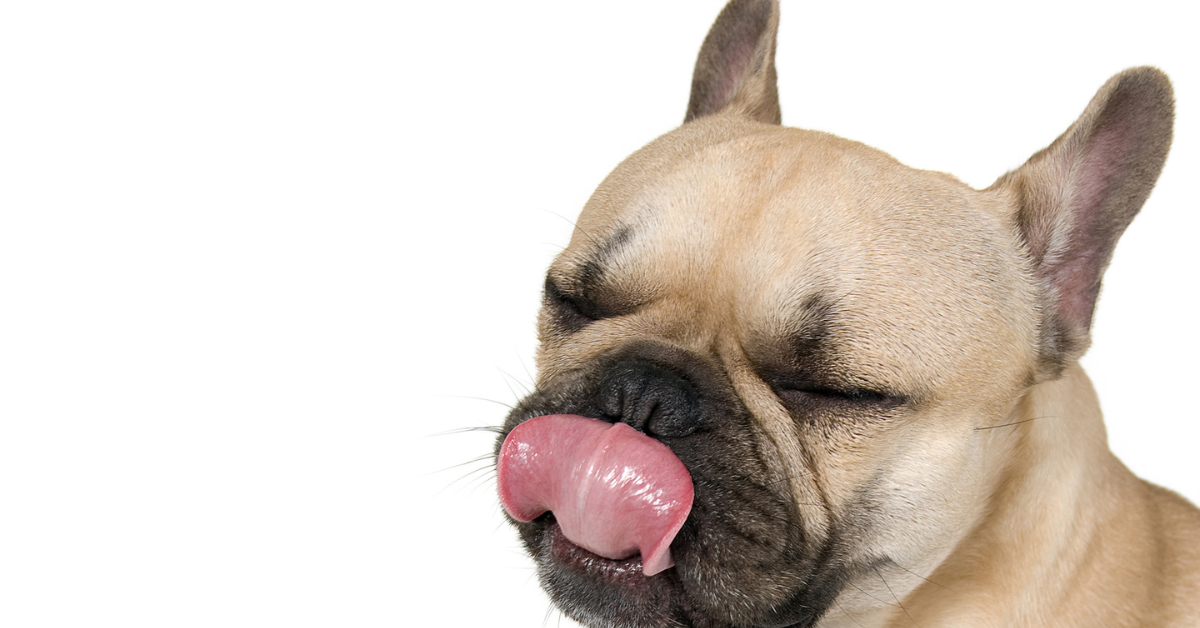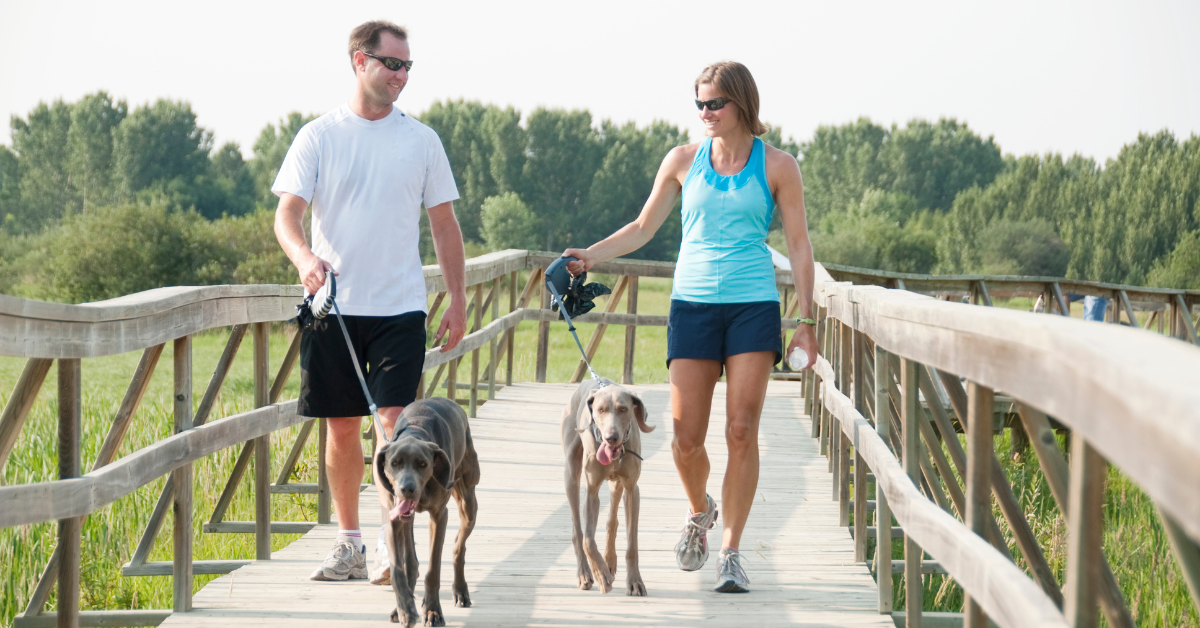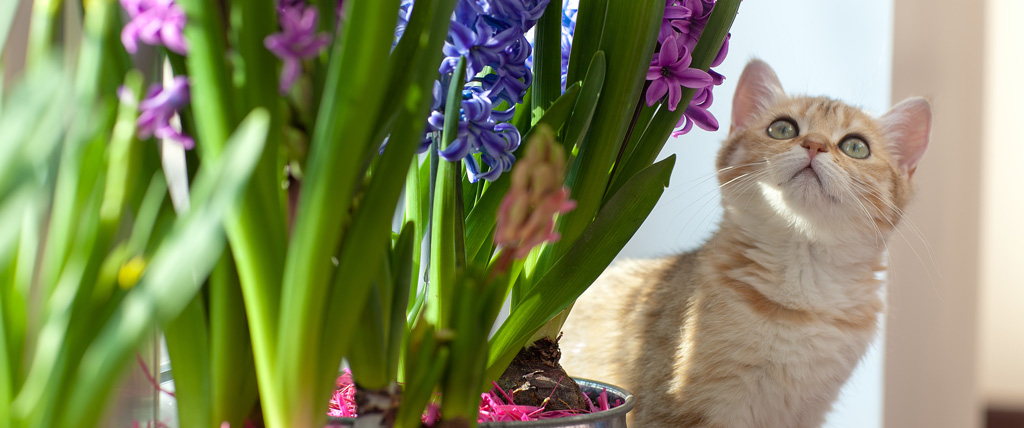Learning Is Protecting When It Comes to Poison Prevention
The third week of March is National Poison Prevention Week, observed in 2017 from March 19-25. It’s a week to raise awareness about poison prevention for people and our pets. There is an array of toxic substances our pets may encounter in our homes and in the world at large, and taking the time to learn about them can go a long way to protecting our fur babies.
This page by the Pet Poison Helpline offers a rundown of some of the most common poisons ingested by dogs in recent years. These run the gamut from food to medications to household chemicals. We’ll take a look of some of the most common offenders for both dogs and cats below:
Food: Any dog parent knows that dogs will put almost anything in their mouths, and this is why extra caution is needed to keep them from ingesting things that could harm them. There are several foods that are just fine for people but dangerous for pets. Most folks already know that chocolate is toxic to dogs. Also on this list are grapes and raisins, garlic and onions, macadamia nuts, and uncooked yeast-based dough. Table salt is also dangerous for dogs, according to this article by the ASPCA. Xylitol is one of the most dangerous foodstuffs a dog can ingest, as just a little of this sweetener can be deadly. Xylitol is popping up in more and more human foods, from chewing gum to candy and even some peanut butters. It’s also in a number of toothpastes and dental products since it’s good for human teeth. We wrote more about xylitol in this post.
Medications and Supplements: Pets have a weird propensity to go for human medications, including painkillers like NSAIDS and acetaminophen, both of which can be deadly to pets if ingested. Antidepressants are another category of drug that are extremely toxic to dogs and cats. There are dietary supplements that are harmful to your floofins too, so it’s important to keep all of your prescription and OTC medications and supplements out of reach, high up in a cabinet, for example. This goes for any medications or supplements for your pets too, since these are sometimes flavored and your pet may want to scarf down the whole bottle at once.
Pest Control: Insecticides can be toxic to pets, and according to the above Pet Poison Helpline article, organophosphates in particular are extremely toxic. Care should be taken in regards to any insecticides you use in or around your home. Rodenticides are very dangerous to dogs and cats, and not just if your pet ingests them directly—if they eat an already-dead mouse that’s been killed by a rodenticide, what poisoned the mouse can poison your pet too. Regarding household cleaners, it’s important to always follow usage instructions, and if you have a question about the ingredients, ask your vet before use.
House and Garden Plants: There are several plants that are toxic to pets, and the ASPCA database on plants is an excellent resource for learning about which ones to avoid. Lillies, for example, and incredibly toxic to cats—just a few petals or leaves can cause kidney failure and death. Oleander is another plant that is highly toxic to cats, as are azaleas. There are a number of plants common for gardens and indoors that have varying levels of toxicity for both dogs and cats; always be sure to do your research while planning your garden and indoor green spaces.
The above information is by no means exhaustive; here are some terrific resources to take a look at for more information about foods, plants, medications and other substances that are poisonous to pets. This ASPCA Animal Poison Control Center portal offers a fairly comprehensive list of poisonous substances to pets, including the plant database mentioned above.
Additionally, the ASPCA’s Animal Poison Control Center offers a 24/7 number that you can call if you believe your pet has ingested something poisonous. That number is (888) 426-4435. A service fee of $65 may be applied per incident. The ASPCA Animal Poison Control Center also offers an “APCC” mobile app—it’s free and provides information about poisonous substances to pets right to your phone or tablet.
The Pet Poison Helpline is a wonderful resource for pet parents as well. They also offer a 24/7 phone service; that number is (855) 764-7661. A fee of $49 may apply to each call.
If you think your pet has ingested something toxic, contact your vet, an emergency veterinary practice, or an emergency poison control number like the ones above immediately. Timing is of the essence when it comes to poisons, and we all want to keep our floofins safe and healthy!
Do you live in the chicagoland area and are looking for a pet care specialist? Get in touch with our team today:
Other Recent Blog POsts

Pet-Friendly Halloween in Chicago 2024
October 22, 2024
Protecting Dogs from Theft in Chicago
October 16, 2024
Pet Obesity Awareness Week: Keeping Chicago Pets Healthy
October 9, 2024
Pet-Friendly Fall Events in Chicago 2024
October 2, 2024
National Walk Your Dog Week is Coming!
September 25, 2024

